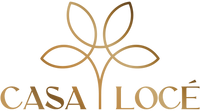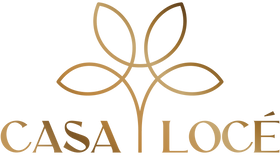Intro to Viticulture | Definition Meaning and Enology
Casa Loce’s Opinion on Learning about Viticulture and Its Relation to Enology to Produce Fine Wines
In our opinion, the techniques we use to grow the vines are essential, but they’re only half of the story. Viticulture and enology are inseparable partners. The choices made in the vineyard affect the production process. For us, understanding how these two fields intertwine transforms every glass into something far more meaningful—it’s not just a drink, it’s a reflection of nature, skill, and artistry.
Key Takeaways
- Pruning, soil management, and pest control are vital viticulture techniques that have direct effects on grape quality, which in turn influences wine taste.
- Harvest timing and pest management strategies in viticulture are significantly affected by climate factors.
- Wine chemistry and sensory evaluation, integral parts of enology, complement viticulture by shaping the character and quality of the final wine product.
- Crucial to creating exceptional wines is the interaction between viticulture and enology; decisions made in the vineyard impact the end product.
- After the grape harvest, winemaking enters its final stages where critical finishing techniques and aging processes occur, with decisions on grape pressing time, press type, and fermentation degree significantly contributing to the final product.
Learn More About Viticulture Basics
Not to be underestimated, viticulture art and science form the backbone of winemaking. This complex activity requires knowledge and manipulation of diverse factors to grow high-quality grapes, the star component in winemaking.
Firstly, consider the differences in grape varieties. Each type, be it Cabernet Sauvignon, Merlot, or Chardonnay, carries distinct traits that influence wine's flavor, aroma, color, and texture.
Next, consider soil types, which significantly sway viticulture. Soil affects grape nutrient content and water drainage and alters vine growth and berry quality.
The climate also affects this process. Ensuring the right balance of sunlight, temperature, and rainfall is vital for grape maturation and sugar content.
Pest management is another critical aspect. Pests can harm vine health and cause poor-quality grapes.
Training vines, and controlling their growth direction, is crucial for optimal sunlight exposure and air circulation.
Lastly, the timing of the harvest is key. Grapes harvested at peak ripeness create the perfect balance of sugar and acidity, greatly influencing wine's taste.
Key Techniques in Grape Cultivation
Grape cultivation mastery involves understanding several vital techniques. These include pruning techniques, critical for controlling vine growth and grape quality. Soil management, another crucial factor, influences the nutrients available to the vines, thus affecting the wine's final taste.
Battling pests requires constant vigilance and knowledge of local fauna. In regions prone to drought, irrigation methods are of significant importance. Selecting the right grapes, along with awareness of varietal differences, significantly shapes the character and quality of the final product.
Harvest timing is another crucial decision, influenced by sugar, acid, and tannin levels in the grapes. Canopy management - manipulating the vine's leafy growth - impacts grape quality and yield.
Harmoniously, these techniques work together to shape vineyard output. Yet, the wine production journey doesn't stop here. It's merely the start of an intriguing process that leads to the complex beauty we taste in every glass of fine wine.

Exploring the Art of Enology
This intriguing field of study, focusing on wine and its production, intertwines detailed wine chemistry with the subjective art of sensory evaluation.
Wine chemistry, a complex and detailed science, steers any winemaking journey. Its fascinating blend of sugars, acids, and phenolic compounds elevates humble grapes, transforming them into exceptional wines. Each component of wine chemistry profoundly influences color, aroma, taste, and shelf-life, necessitating an enologist's precise understanding and diligent observation.
On another note, sensory evaluation is enology's artistic facet. This process involves recognizing delicate variations in wine's aroma, flavor, and texture, presenting as much a science as an art. Sensory evaluation enables enologists to discern the quality and character of wines, becoming an indispensable tool in producing distinguished wines.
The Symbiosis of Viticulture and Enology
Viticulture prioritizes vineyard management, focusing on soil health and terroir impact, a concept that encapsulates the effects of climate, soil, and topography on grape varieties. This process is crucial in enology as its products are the raw materials for the wine-making process.
Subtle climate impacts influence harvest timing and necessitate particular pest control measures. Skilled viticulturists control these elements, fundamentally linked to the enology process, which initiates with grape fermentation.
Fermentation, influenced by grape health and harvest conditions, paves the way for aging techniques. Every decision in the vineyard resounds in the winery, influencing the final product's sensory evaluation.
A Peek into The Final Steps in the Wine Production Process
Once the grape harvest wraps up, winemaking enters its final stages, demanding acute attention and expertise. This stage emphasizes critical finishing techniques, as well as the integral aging processes. Decisions at the finishing stage, such as the timing of grape pressing, the press type selection, or the degree of fermentation allowed, all make significant contributions.
On the contrary, aging demands patience and precision. During this period, the wine matures, acquiring a unique character and complexity. Influential factors such as the nature of the aging vessel, duration of aging, and maintained conditions play considerable roles in determining the final taste of the wine.
Frequently Ask Questions
What do you mean by viticulture?Viticulture refers to the science, production, and study of grapes. It is a branch of horticulture that focuses particularly on the cultivation of grapevines for winemaking. Viticulture encompasses a variety of activities, including grape selection, vineyard establishment, pest control, and grape harvesting.
What is the difference between viniculture and viticulture?Viticulture and viniculture, while closely related, refer to different aspects of wine production. Viticulture is the cultivation and harvesting of grapes, while viniculture refers to the process of making wine from those grapes. In other words, viticulture is about growing the grapes, and viniculture is about turning those grapes into wine.
What does a viticulturist do?A viticulturist is responsible for the growth and production of grapes. This includes selecting the right grape varieties, managing the vineyard, monitoring the health of vines, and deciding when to harvest the grapes. Their work is essential for the production of high-quality wine, as the characteristics of the grapes greatly influence the final product.
What is the difference between enology and viticulture?Enology and viticulture are both related to wine production, but they focus on different parts. Viticulture is concerned with the cultivation of grapevines, while enology is the study of wine and winemaking. Enologists typically work in wineries, studying the fermentation process, aging, and qualities of wine.
Why is it called viticulture?The term 'viticulture' comes from the Latin word 'vitis,' meaning vine, and 'cultura' meaning cultivation. Therefore, viticulture means 'vine cultivation'. It is a specific term used to differentiate the cultivation of grapevines from other forms of agriculture.
What is an example of a viticulture?
Bordeaux in France and Napa Valley in the United States are examples of viticulture and world-renowned wine regions. These regions have extensive vineyards where viticulture techniques are employed to cultivate grape varieties specific to their geographical location.
What are the problems with viticulture?Viticulture poses several challenges including diseases, pests, and climate change. Diseases like powdery mildew or pests like grapevine moths can destroy grape crops. Additionally, climate change affects the growth of grapes, potentially altering the taste and quality of the wine produced.
What is a person who owns a vineyard called?A person who owns a vineyard is typically known as a vineyard owner or vintner. They manage the vineyard operations and are often involved in the winemaking process.
What is the difference between a winemaker and a viticulturist?A winemaker and a viticulturist have different roles in the wine production process. A viticulturist is responsible for growing the grapes, while a winemaker takes those grapes and turns them into wine. The winemaker oversees the fermentation process, decides on the blending of wines, and monitors the aging process.
Is there a degree in winemaking?Yes, there are degrees for winemaking. Many universities offer programs in viticulture and enology, which cover the science of grape cultivation and the art of winemaking. These programs provide a comprehensive understanding of the wine industry.
How long does it take to become a winemaker?The time to become a winemaker can vary widely. Generally, it involves obtaining a degree in viticulture and enology, which typically takes 4 years. After graduation, many aspiring winemakers gain experience through internships or apprenticeships at wineries, which can last several years.
What is a person who studies wine called?An oenologist is a person who studies wine. They study the science of wine and winemaking, including the processes, varieties, cultivation of vines, and wine production. They are also familiar with wine tasting and the different characteristics of wines.
Join us for a look into our elegant approach to winemaking and gracious hospitality. We welcome our members and their guests by appointment only. Become a member or book an event by visiting CasaLoce.com
Casa Locé
Upper Ojai California
10065 N Ojai Rd, Ojai, CA 93023
https://maps.app.goo.gl/E7YQCnXAFHq1bKz46
